Heroes are all around us, from the national level to the small clans and communities, from various fields and aspects of life. They may not be in some sort of designed suit or even have special powers. They may not have capes that flow behind them or action that depicts a supernatural being, but we sure have heroes that surround us and we will have to appreciate God and life for that.
Our histories from every level are painted with the works of the heroes past who have lived, died, sacrificed and fought for one course or the other which either protected, advanced, preserved or improved humanity in different areas like peacekeeping, provisions etc.
Heroes have emanated from every angle of the world, from one coast to another and I have come to realize that most of the heroes painted on the wall of our histories emerge from the problem they choose to confront. From the South African giant, Nelson Mandela to the Black revolutionist of America, Martin Luther King Jr to the benevolent Mother Teresa.
We will touch of few of some heroes who have made a mark in our world, and learn from them, you might have learned about some of them in your history class, but maybe you haven’t come to the reality of what Heroism is all about and how it can get to you.
Florence Nightingale
Florence Nightingale was a woman who revolutionized nursing as a job. She took off the sick and wounded British soldiers during the Crimean War (1853-1856), by so doing saving many lives, she was brought to limelight in this acts of hers.
Born in 1820 to a wealthy English family, she decided as a teenager to be a nurse, even though her parents disapproved it but nursing wasn’t a profiting job as at then. She remained determined to pursue her desire. In 1850, she was trained in hospitals both in Egypt and Germany.
Been a full-time nurse in London, in 1953, her skill was distinct as she organized the patient’s bed with bells, so they can ring it. It was a new idea. And when Britain, France, and Turkey went to war against Russia. British soldiers soon became sick and wounded and the British government soon acted by sending Nightingale and 38 nurses to a military hospital in Turkey. Nightingale organized the hospital and soon became the soldiers’ friend. They called her “the Lady with the Lamp,” because of the lantern she carried at night.
In 1860, Nightingale established a training school for nurses in London. The “Nightingale nurses,” as it was called, helped spread Nightingale’s ideas around the world. she died in 1910 at the age of 90.
Abraham Lincoln
Born in a log cabin and went to school for less than a year, Abraham Lincoln who was the 16th president of America, was responsible for ending slavery and held the nation of America together in the civil war, which is America’s biggest and bloodiest crisis.
In Congress, Lincoln opposed of slavery beyond the Southern states. In 1854, Congress passed the Kansas-Nebraska Act. The act created the territories of Kansas and Nebraska. It said the new territories could decide for themselves if they wanted slavery. This outraged Lincoln, and he began to speak out often against slavery. Lincoln campaigned against the spread of slavery. But he also said he would not outlaw slavery in the South. In 1860, Lincoln was elected president of the United States.
After the Civil War ended, Abraham and Mary Lincoln attended a play in Washington, D.C. During the play, Lincoln as shot, He died the following morning.
Abraham Lincoln died for a course as there was great opposition towards his actions.
Martin Luther King Jr
“I have a dream that my four little children will one day live in a nation where they will not be judged by the color of their skin but by the content of their character. I have a dream today!”
Martin Luther King, Jr., in 1963, gave the “I have a Dream” speech in Washington, D.C. He was America’s most outstanding civil rights leader. The civil rights movement was all about getting the laws and the American system to give the black an equal right with the white. King was born in Atlanta, Georgia, in January 1929. Born to a preacher father, King himself became a preacher at age 18. King was an excellent speaker. King’s speeches appealed to both Christian principles and American ideals. Magazines and newspapers featured him on their covers.
In the 1950s, the Blacks were maltreated in the United States. There was so much segregation especially in Public places, including schools and restrooms. The Blacks were denied in pleasant neighborhoods and were rarely hired for good jobs. In some places, they give up their seats on buses if a white person wanted to sit down.
The Birmingham police arrested King for a protest in lead in Alabama. In jail, he wrote a letter to local ministers who had criticized him for troubling the peace of the city. His letter expressed his belief that individuals had the moral right and responsibility to disobey unjust laws.
Over 200,000 people gather to hear King give his “I have a dream” speech on August 28, 1963, from the steps of the Lincoln Memorial in Washington, D.C.
The protests in Birmingham and in Washington helped convince the U.S. Congress to pass the Civil Rights Act of 1964. This act made it illegal in America to treat blacks or other ethnic groups unfairly.
That same year King’s peaceful efforts to win civil rights earned him the Nobel Peace Prize.
In the spring of 1968, King was assassinated by a white man, James Earl Ray. King’s opinions and success in winning civil rights angered many people. And He is remembered for the great changes he made to American society and for the peaceful means that he used to make them. The third Monday of every January is a national holiday that honors King’s birthday.
Nelson Mandela
Nelson Mandela, the first black president of South Africa, became a president through the segregation of the black and the white, which denied the blacks of basic rights.
Nelson Rolihlahla Mandela was born in 1918 in a small village in the Transkei region of South Africa. His name Rolihlahla meant troublemaker, which had more meaning in his later life.
Mandela opposed this cruel and unfair system. He was a natural leader and a gifted speaker. He encouraged people to break the apartheid laws. He has painted a troublemaker to the Government. He was arrested several times, and when released, he goes back to fighting.
The government sent Mandela to a prison on Robben Island, off the coast of South Africa. The prison conditions were harsh. He was allowed only one visitor in every six months. And this made him the world’s most famous political prisoner.
In 1990, Mandela was released after spending 27 years in prison. He soon began talks with the government aimed at ending apartheid. Many white people worried about giving blacks equal rights. Mandela worked with South Africa’s president, F. W. de Klerk, to promote peaceful relations between blacks and whites. For their efforts, Mandela and de Klerk won the Nobel Peace Prize.
After five years as president, Mandela retired from political office. He returned to live in the Transkei region, where he grew up.
Mohandas Gandhi
Many people consider Mohandas Gandhi as one of the greatest figures of the 20th century. Gandhi as responsible for the freedom of India from rule by the British Empire. And his approach towards it was what made him win the world’s respect.
Born in India in 1869. India had then been ruled by Britain. Mohandas went to college in England and studied law, which He practiced in South Africa, as South Africa was part of the British Empire. Gandhi outrage started when Indians were denied basic freedom, by which he later led Indians in South Africa to struggle for equal rights. Though He never used violence, organized marches to get attention to his cause.
Gandhi returned to India with the goal of winning his country it right to rule. His methods of strong but peaceful resistance spread across India.
As the reaction of the Government towards the peaceful protests caused death, Gandhi then called on Indians to refuse to cooperate with Britain. People stopped buying British goods. They took their children out of British schools. Those in government jobs quit. During this period, Gandhi lived the simple life. He gave his possessions away and People called him Mahatma, meaning “great soul.”
In 1930, Gandhi called on Indians not to pay taxes to Britain and the most hated tax was on salt. Gandhi led thousands of people on a march to the sea to make salt from seawater. He was arrested again. Later on the British removed the salt tax and freed him. Without Gandhi, the British government realized, India would break out in violent revolution.
India became a free country in 1947, however, Gandhi’s dream of a united India was not totally realized as the conflict between the Hindus Indians and the Muslim Indians continued.
On January 30, 1948, he was shot and killed by an Indian who hated his efforts to achieve peace.
“You must be the change you wish to see in the world,” Mahatma Gandhi said. His death was considered a world tragedy. But his life inspired other people.
Conclusion
Great men have worked through this world, and you stand the chance of enlisting yourself as far as you are alive. Our community needs heroes, who don’t have supernatural power but have the virtue of endurance, standing for truth, benevolence, love, concern, and persistence.
Stand for what is right today, and let humanity know you came around. That’s the definition of a HERO.

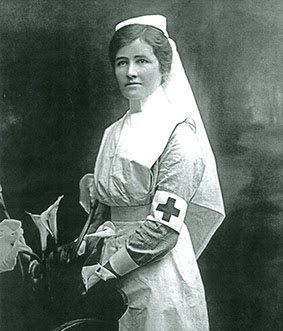
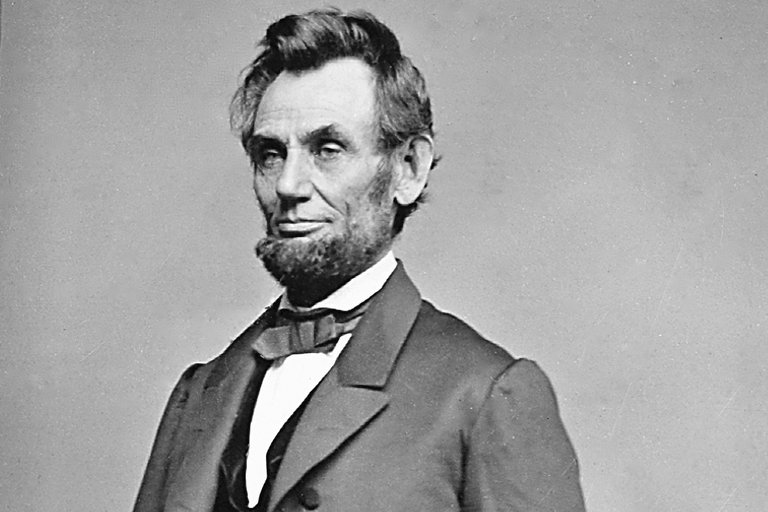
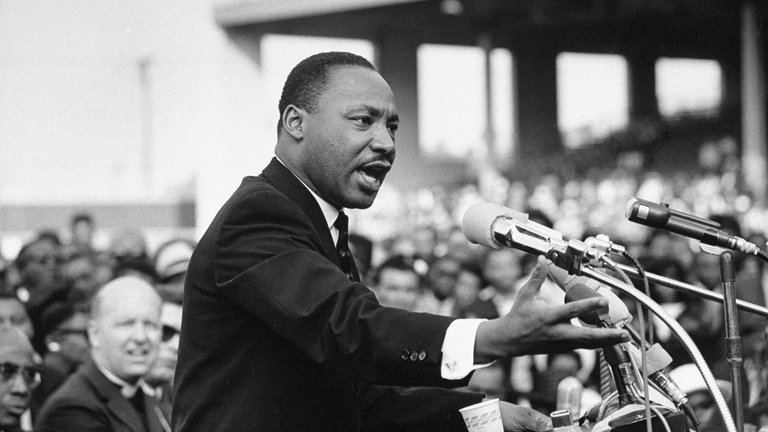
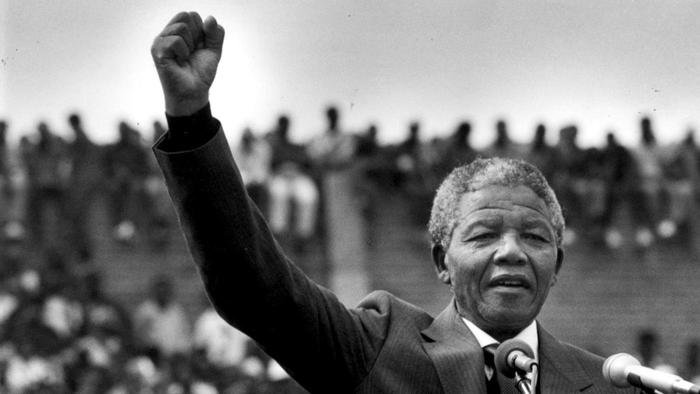
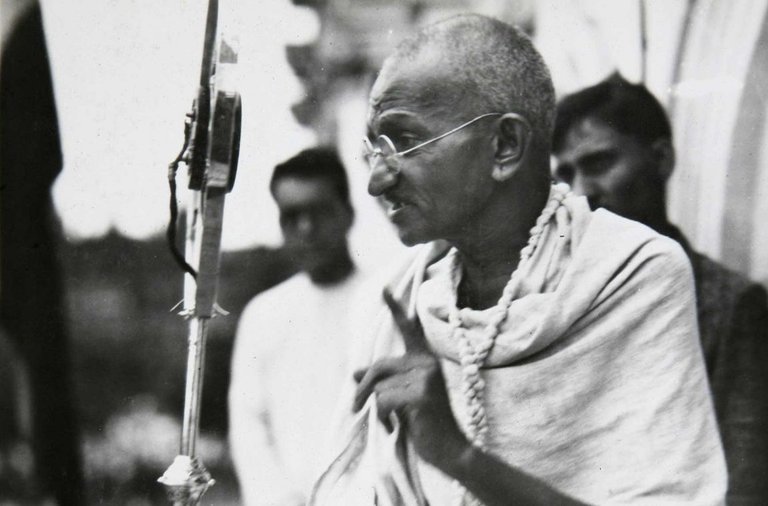
is he/she hero or heroin?? :D
smiles